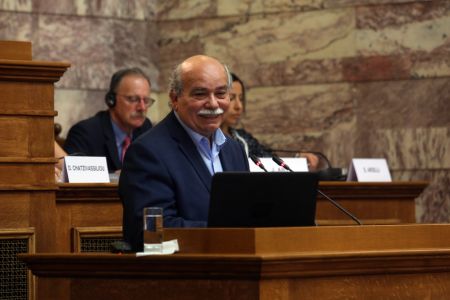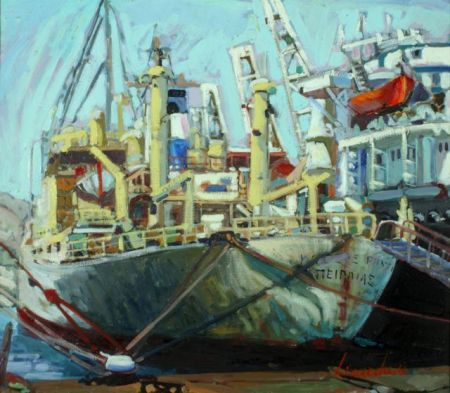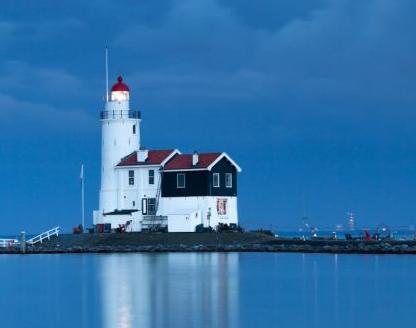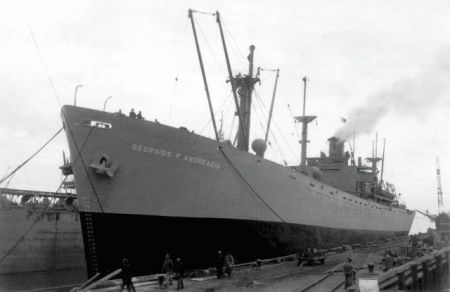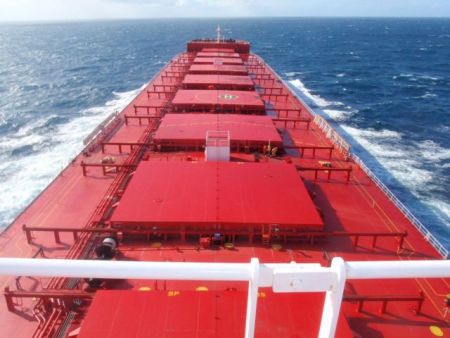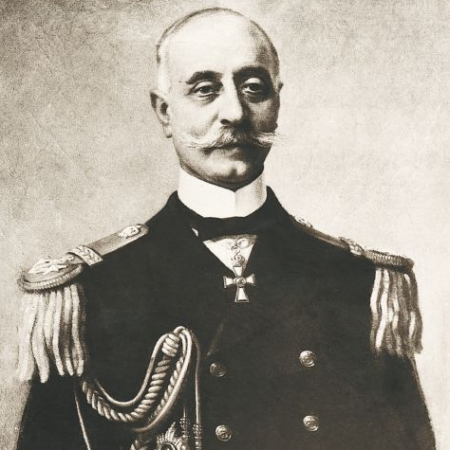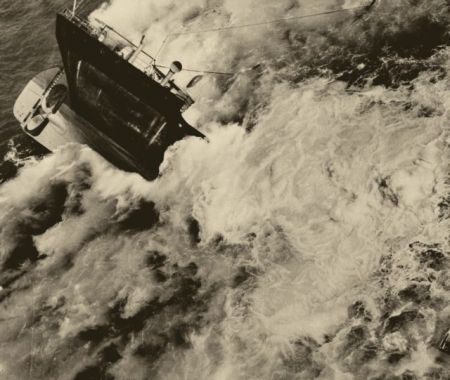Τελευταίες Ειδήσεις
-
Κακοκαιρία: Νέο έκτακτο δελτίο ΕΜΥ – Οι 6 περιοχές που θα χιονίσει – Πού θα ρίξει πολλή βροχή
-
Κακοκαιρία: Μετ’ εμποδίων η κυκλοφορία στο εθνικό, επαρχιακό και ορεινό οδικό δίκτυο
-
«Οι τυχαίοι έρωτες του Ζαν Πωλ Σαρτρ» στο Θέατρο Τζένη Καρέζη
-
Πληθωρισμός: Στο 2,6% τον Δεκέμβριο από 2,4% τον Νοέμβριο
-
Αλιμος: Οι χειμερινοί κολυμβητές πρόλαβαν την κακοκαιρία – Εκοψαν την πίτα τους
-
Στη Σαουδική Αραβία ο Κυριάκος Μητσοτάκης – Ο στόχος της ελληνικής κυβέρνησης
-
Το μπρα ντε φερ των ιεραρχών σε έναν πλανήτη που βράζει
-
Κύκλωμα προστασίας: Πάνω από 85 εκατ. τα κέρδη – Τι λέει ο δικηγόρος της βραβευμένης αστυνομικού
-
Κακοκαιρία στην Αττική: Βροχή, βλάβες και λύματα έφεραν χάος στους δρόμους
-
Ο μόνος που τόλμησε
-
Δικαστές και αντιλήψεις συντεχνίας
-
Μεταπνευμονοϊός – HMPV: Διασωληνωμένος 50χρονος σε ΜΕΘ στο «Αττικόν»
-
Μια ομολογία και ένας κίνδυνος
-
Μια άλλη Ευρώπη
-
Ακίνητα: Νέα σπίτια στο Ελληνικό από τη Lamda Development – Πότε πέφτουν στην αγορά, η τιμή τους
-
Αντιγράφοντας τον μέντορα
-
Ο Βιμ Βέντερς κερδίζει την ελληνική κριτική
-
Όταν η Τίνα Λιβανού παντρεύτηκε τον πρώην συνοδό της πριγκίπισσας Μαργαρίτας
-
Μαύρο τσάϊ με κανέλα για το κρύωμα
-
Χρυσοχοΐδης για τροχαίο στα Χανιά: Ξεκάθαρα ο νόμος δεν εφαρμόστηκε, θα αποδοθούν ευθύνες
-
Αρκάς: Σιβυλλική «Καλημέρα» με μια ρήση του Εμμανουήλ Ροΐδη
-
ΠτΔ: Στήριξη ΠαΣοΚ σε «προοδευτική υποψηφιότητα»
-
ΠαΣοΚ: Τρεις άμεσες κοινοβουλευτικές πρωτοβουλίες – Ξεκινούν τα περιφερειακά συνέδρια
-
Ολιβιέρο Τοσκάνι: Πέθανε ο εμβληματικός φωτογράφος – Οι Benetton, η μαφία, το Aids και οι επικρίσεις
-
ΠτΔ: Τασούλας ή Βενιζέλος – Ωρα αποφάσεων για Μητσοτάκη


